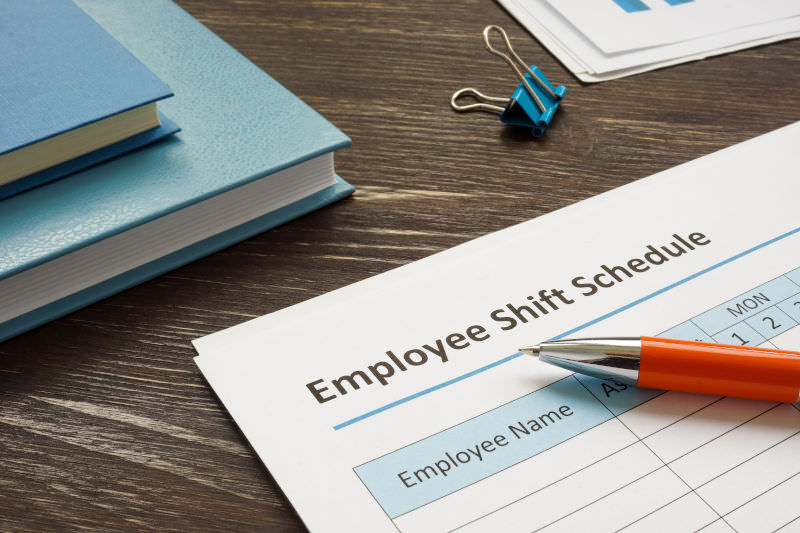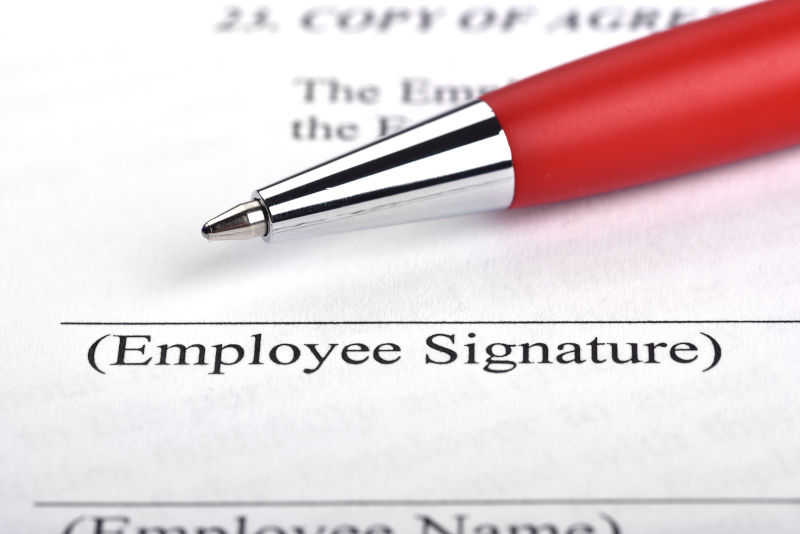Galdikas and Others v DJ Houghton Catching Services Ltd and Others [2016] EWHC 1376 (QB
Modern Slavery in the UK
Modern slavery is estimated to be a £120 billion industry worldwide and affects roughly 40.3 million men, women and children – according to the 2018 statistics by the Global Slavery Index. The UK is seeing an annual increase in the number of victims of trafficking being reported to official channels. Just in the second quarter of this year (April – June), the National Crime Agency identified 1658 potential victims who were referred to the National Referral Mechanism (NRM). The NRM is a framework for identifying victims of human trafficking or modern slavery and ensures that they receive the necessary support. Also, the NRM is the mechanism by which the Modern Slavery and Human Trafficking Unit collects data about victims – the information is used to build a clearer picture about the state and scope of modern slavery in the UK. The National Crime Agency’s second quarter figure represents a two percent increase on the number of victims in the first quarter of 2018. But, there are likely to be many hidden victims who cannot access the help needed to escape this exploitation.
The most prominent type of exploitation recorded by the National Crime Agency was that of adult labour exploitation. The Galdikas v DJ Houghton case was an instance of six Lithuanian adult males exploited by a company in the agricultural sector. The case is an important step towards the eradication of human trafficking and modern slavery, as it was one of the first cases where a company was held accountable in a trafficking case.
The Facts of the Case
The claimants, including Antanas Galdikas, were six individuals who alleged that they had been trafficked from Lithuania and subjected to severe labour exploitation. They had all been confirmed to be victims of trafficking by either the UK Human Trafficking Centre or the Home Office.
There were four defendants in the case, and charges were made against each of them. The first defendant was DJ Houghton Catching Services Ltd, a company engaged in the supply of labour to chicken farms in the UK. It was run by Jaqueline Judge and Darrell Houghton, who were also named as defendants. The fourth and final named defendant was the Gangmasters Licensing Authority (now known as the Gangmasters and Labour Abuse Authority ‘GLAA’). The GLAA is a non-departmental public-body that regulates the supply of workers to the agricultural, horticultural and shellfish industries.
The Legal Points
There were a number of applications brought before the High Court, two of which are especially worth examining. The judge, Mr Justice Supperstone, found in favour of the claimants on several key aspects of their claims, including that they were not paid according to minimum wage requirements for agricultural workers.
The claimants made a strike out application in respect of all parts of the defences made by the Houghton defendants. The claimants claimed that they were not paid the prescribed Agricultural Wages Order (AWO) rates for daytime work, overtime, or night work and they were not paid at all for travel time. The defendants rebutted this by stating that their pay was calculated according to common industry practice, and nor was it accepted that their wages fell below the National Minimum Wage. However, the claimants’ claim was not made by reference to the National Minimum Wage – it was made by reference to the rates imposed by the relevant AWO, which are higher. The judge concluded that the defendants had no real prospect of successfully defending the claims that they had not paid the claimants properly and accordingly for their work, per the AWO.
The other important application to consider was that made by the GLAA. It contended that all issues relating to liability as against the Houghton defendants should be tried as a preliminary issue. Essentially, the GLAA contended that in order to ensure that these proceedings were managed proportionately and justly, the claims against the Houghton defendants should be heard first before the claim against the GLAA was determined. The GLAA did not accept that it owed the claimants a duty of care at common law, and it dismissed that the suggestion that it had failed to carry out certain obligations under the Human Rights Act 1998. The Human Rights claims were based on Article 4 of the European Convention of Human Rights, which prohibits slavery and forced labour. The claimants pointed to the GLAA’s failure to investigate after they were put on notice of credible allegations of interference of their Article 4 rights. The judge agreed with the GLAA’s contention and decided that liability against the Houghton defendants should be decided first, after which claims against the GLAA should be addressed accordingly.
The Wider Implications
The case did not set any legal precedents or clarify the law per se, but it is important because a commercial company was held accountable and liable to pay compensation to the victims of trafficking and modern slavery. The case fits into the growing international and domestic trend to combat these issues.
The Modern Slavery Act 2015 was an important step in combating modern slavery in commercial supply chains. Section 54 in particular introduced a new obligation on large commercial organisations in the UK to produce and publish a ‘slavery and human trafficking’ statement for each financial year. An organisation will be caught by section 54 if: it is a commercial organisation that supplies goods or services; it carries on its business or part of its business in the UK; and it has a total annual worldwide turnover of £36 million or more. The claims against the Houghton defendants, though not the GLAA, have been reported to have been settled for around £1 million.
Nevertheless, the GLAA claim remains significant because it was against a public body. Claire Darwin, in her paper for the Matrix Seminar in May 2018, also drew attention to this. In her view, we are now likely to see more cases against government bodies and agencies responsible for regulating the labour market in the coming years.
Worryingly, the government’s failure to prepare for a no-deal Brexit could see a further increase in this type of crime as the country’s borders would be vulnerable to criminal gangs of this sort. The National Audit Office, in their report published in October 2018, acknowledged and agreed with the government’s contention that border protection will be ‘less than optimal’ in this event. Further, they added that it may take some time for a fully functioning border to be put in place. The National Audit Office has also warned that organised criminals are likely to be quick to exploit any perceived weaknesses or gaps in the enforcement regime.
Further Reading
From one of the UK’s most read legal blogs.









